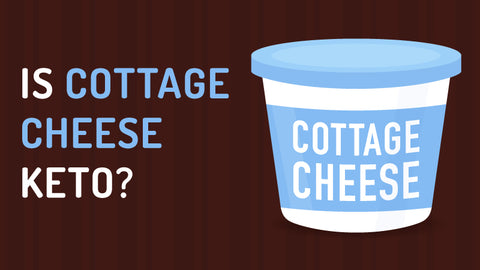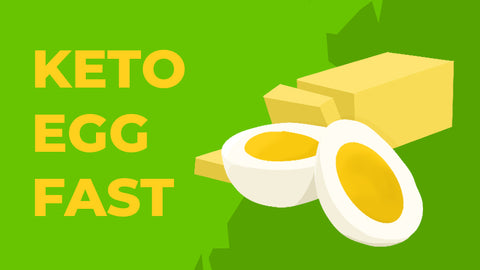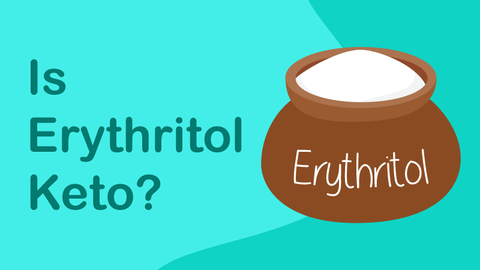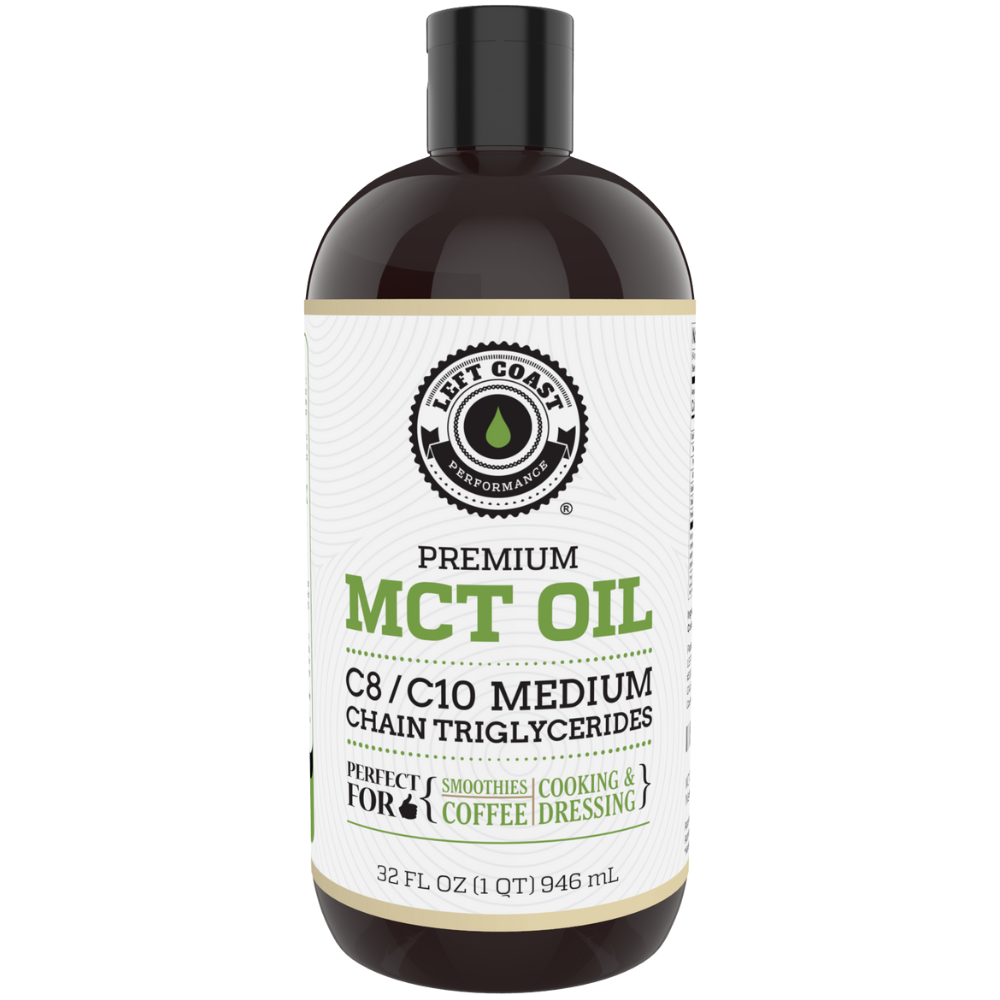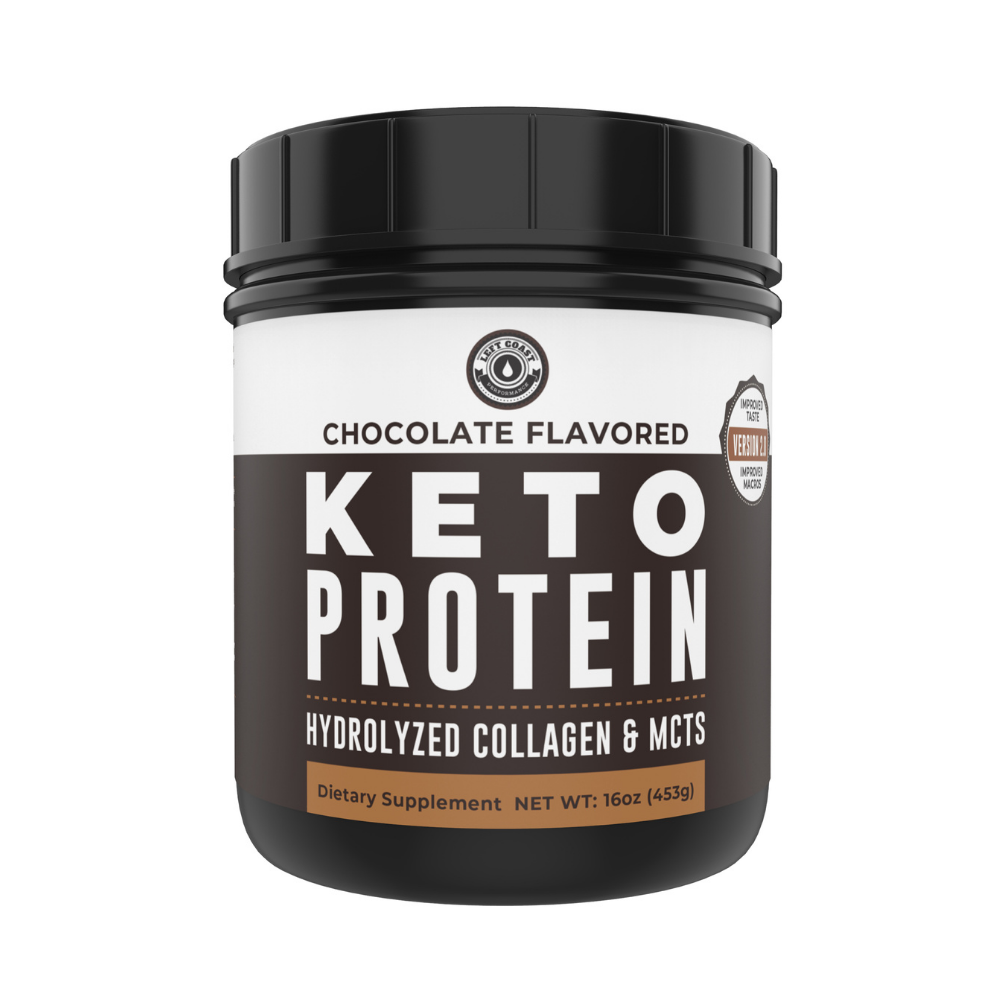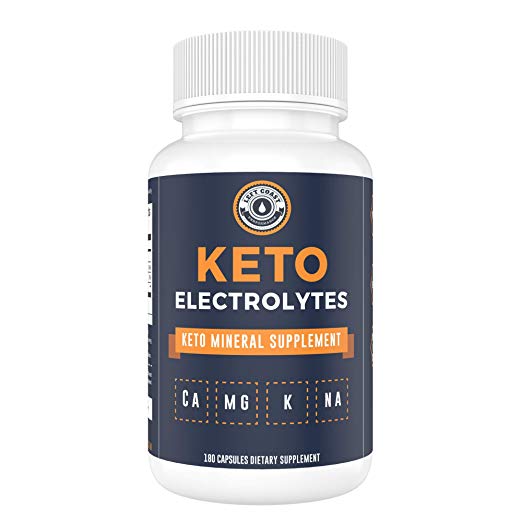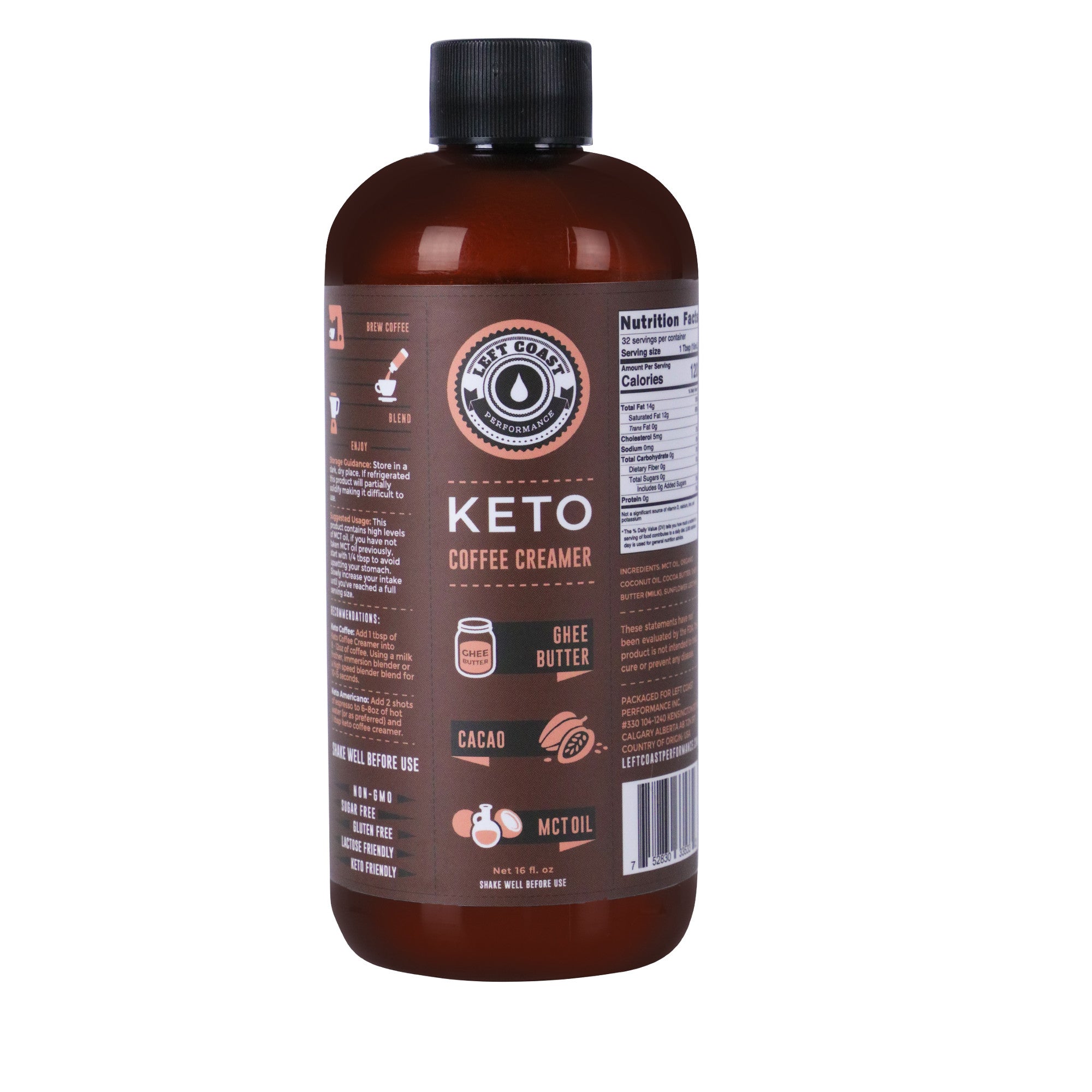Carbs in Honey

on June 06, 2019
Natural sweeteners can be more than a little problematic for keto diets. Most of us can say no to processed sugars like table sugar and high fructose corn syrup. But when it comes to natural, unprocessed sweeteners, even the most hardcore keto dieters have to stop and think: “How many carbs are in honey, anyway?”
In this article, we’re talking all things honey — its nutritional profile, rumors of its low-carb status and the degree to which it’s actually keto-friendly.
Nutritional Information on Honey
Is honey good for you? The answer to this question depends on your personal eating habits as much as honey’s actual nutrition. In order to understand its shining reputation in the food world, it’s important to understand how honey is made, and that requires taking a look at the simple honey bee.
How Honey Is Made
Honey is a natural product, which means very little is done to the substance as it makes its way from the beehive to those bear-shaped bottles. Most honey is produced by honey bees — a broad category that encapsulates seven species of bee found in the genus apis.
Honey originates from flower nectar, which is collected by honey bees as a source of water and carbohydrates. A typical worker bee will store up to 40mg of nectar, and transport this nectar back to the hive, where it will be ingested, processed, and regurgitated to form honey.
Specific enzymes in the bee’s stomach help speed the process of transforming nectar into honey by breaking down the sucrose molecules into easily digestible fructose and glucose.
Honey Nutrition Facts
Nutritionally, honey breaks down in a similar manner to other sugars and sweeteners. One tablespoon of raw honey contains 60 calories: 17 grams of carbohydrate, 0 grams of protein, and 0 grams of fat. While this ratio of nutrients does not stand out when compared to other sugar-like substances, other compounds found in honey are what really makes this sticky substance special.
Honey has trace amounts of nutrients and enzymes that regular sugar does not. This is why honey is easier to digest than plain white sugar. Regular sugar, called sucrose, must be further broken down by the digestive system in order to be absorbed by the body. Honey, on the other hand, is already pre-digested by bee enzymes and turned into glucose and fructose, which is easier for us to digest.
Honey is antimicrobial, and its acid content and lack of water mean it can last for centuries without spoiling. Additionally, honey also has anti-inflammatory effects when applied to small injuries and burns, and contains a high concentration of antioxidants as well. Local honey especially is also known to help allergy sufferers by familiarizing a person’s immune responses to many different types of local pollen.
Is Honey Low-Carb?
Unfortunately, honey is by no means low-carb. Honey is made by bees to provide them a high-energy source of food for the winter. One tablespoon of honey contains 17 grams of carbohydrate, and of those 17 grams, 16 come from sugar. While honey is a natural alternative to processed sugars and offers many benefits, it’s still an added sugar and must be treated no differently than other high-carb foods.
Is Honey Safe for Keto?
Moderation is the key to incorporating honey into the keto diet. At 17 grams of carbs, honey must not be treated as an everyday indulgence, but rather as a way to appease cravings every once in a while.
Most keto diet limit carbs to fewer than 50 grams per day. One tablespoon of honey, if carefully introduced within these limits, will not knock anyone out of ketosis. However, if consumed in larger amounts or in greater frequencies, honey does have the power to stop the metabolic process dead in its tracks. Since it’s so high in calories and carbs, be really sparing when eating honey on the keto diet.
If sweet things are what you’re craving, it may be in your best interest to try other keto-friendly sweeteners, rather than diving headfirst into the honey pot. There are several on the market that are low-carb enough to give you a sweet boost when you need it, without putting your keto status in jeopardy.
If you do want to get honey, make sure you’re getting the good stuff. Dietician Abbey Sharpe warns to stay away from honey that adds artificial sweeteners like sugar or corn syrup, and look for locally-sourced honey.
Sweet, Low Carb Alternatives to Honey
Stevia
Stevia is a non-nutritive sweetener made from the stevia rebaudiana plant. Native to Paraguay and Brazil, this sugar substitute is known for its potency — it’s up to 150 times as sweet as table sugar.
Stevia comes in both liquid and granulated forms and translates easily to cooking and baking applications. However, you may notice a bitter, licorice-like aftertaste that becomes more pronounced when large amounts of stevia are used in a recipe.
Monk Fruit Sweetener
Monk fruit is native to southeastern China, where it is primarily used for culinary and medicinal purposes. The sweetener is made by pureeing the flesh of the monk fruit and condensing that juice into a more concentrated form.
Monk fruit sweetener contains no calories due to the chemical makeup of the sugar substitute. Monk fruit gets its sweetness from mogrosides, which the body does not absorb in the same way as sugar. Monk fruit sweetener is also much stronger than table sugar, approximately 100-250 times sweeter.
While pure monk fruit sweeteners are non-caloric, some companies cut their products with additional fillers in order to reach a more sugar-like ratio. To avoid excess carbs, it’s always a good idea to check nutrition labels to see what, if anything is being added to your chosen low-carb sweeteners.
Sucralose
Sucralose is one of the most well-known sugar substitutes — you may know it by the brand name Splenda. Sucralose is a sugar substitute made by chlorinating sucrose, i.e. common sugar. After this process, sucralose is 350-1000 times sweeter than table sugar.
While sucralose is easy to stir into your favorite beverage, you have to be more careful with it when cooking and baking with it. Splenda’s website contains all manner of helpful tips for substituting table sugar with sucralose, including substitutions, techniques and more to make breads and sweet treats without the sugar.
Sucralose has been on the market for ages, and because of this, it is one of the most trusted sugar substitutes. It has been studied and approved by the FDA.
Erythritol
Sugar substitutes are a hot market thanks to the resurgence of low-carb diets. One of these sugar substitutes, called erythritol, is gaining popularity very quickly. Many keto blogs are quick to promote this substance as a keto-friendly option, however there some fine print that should not be overlooked.
Unlike other sugar substitutes like those listed above, the FDA has not weighed in on the safety of erythritol, and chose instead to defer to the expertise of several food manufacturers who deemed that the chemical is “generally recognized as safe”. This means that the substance requires no premarket approval from the FDA.
While this is not strong enough evidence to condemn the use of erythritol as a keto sugar substitute altogether, it does merit increased levels of scrutiny and additional research.
Other Honey Substitutes to Avoid
There are a few substances that should not be your first choice when it comes to satisfying your sweet tooth. Just as honey has a good reputation but still too high of a carbohydrate level for the keto diet, other natural sweeteners follow this same pattern. Molasses, maple syrup, coconut sugar, and agave syrup, while natural, still are not low enough in carbohydrates to accommodate the keto lifestyle.
On the artificial sweetener side, it’s important to note that sugar alcohols — like sorbitol, xylitol, erythritol, and others -- can have a laxative effect, resulting in bloating, diarrhea, and gastrointestinal problems.
In Conclusion
Honey is one of nature’s best inventions. In relative terms, honey is healthier than white sugar, thanks to a variety of antioxidants, enzymes, and micronutrients. Honey also is more easily digestible than table sugar, thanks to the enzymes that help a bee transform flower nectar into honey.
For those on keto, honey should not be your go-to food. Its high levels of carbohydrates can easily knock someone out of ketosis if they eat too much too quickly.
While honey may be off the table, with the exception of a spoonful here and there, there are many keto-friendly honey substitutes that deliver sweetness without spiking blood sugar. Top choices for keto include stevia, monk fruit, and sucralose.
While honey may be off the table, there are plenty of products out there that can help ease the restrictiveness of the keto lifestyle. From chocolate-flavored bone broth to MCT oil, it’s time to find your new favorite keto products from Left Coast Performance.


